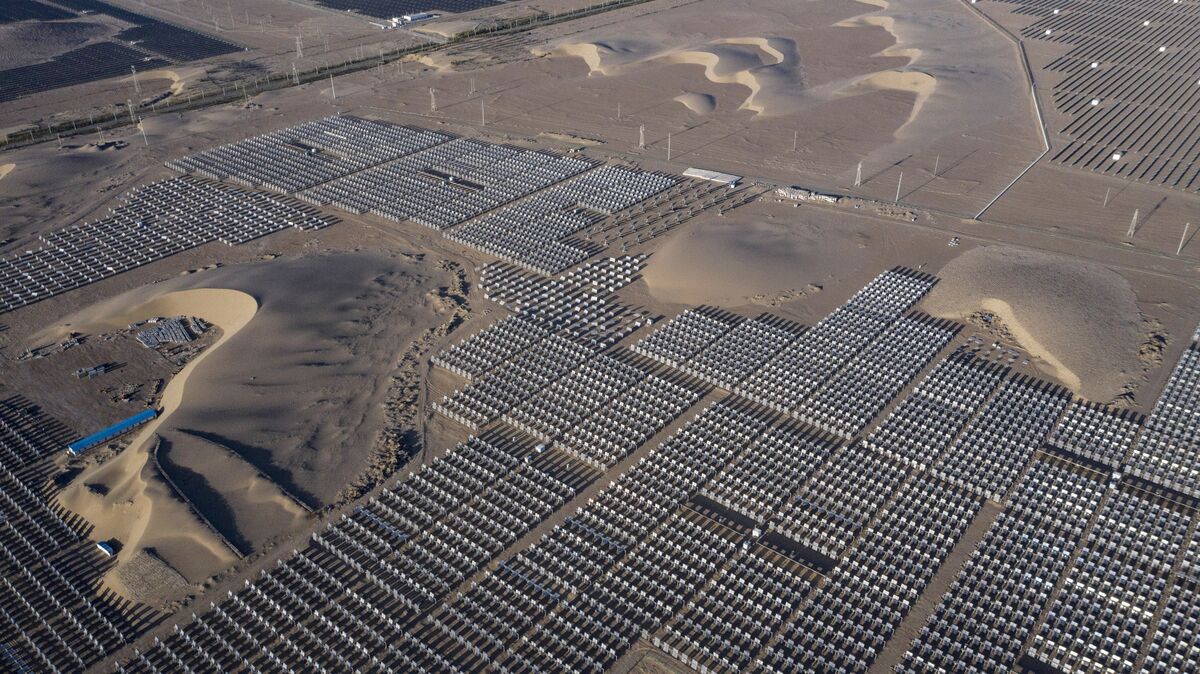The Solar Industry Is Running Hard Just to Keep Up
time:2023-09-21 09:40:27 Views:0 author:Jinan Freakin Power Ltd.
Instead, solar manufacturers have seen their share prices crater this year, and executives at top firms are warning of a wave of consolidation ahead. The problem is the treadmill effect. One of the main features of the industry since its inception has been steady technological improvements, such as new designs that produce more power or new manufacturing techniques that reduce material waste. A positive consequence for consumers — and the planet — is that panel prices have, for the most part, fallen continuously, making solar the cheapest source of energy in most parts of the world. The downside is that state-of-the-art factories become obsolete in just a few years and require constant new investment just to keep up.
Investors are tiring. When Jinko Solar Co., one of the largest panel makers, announced plans last month to raise funds for a new facility, they responded by aggressively selling off the stock. The five biggest manufacturers in China, which dominates the industry, have lost a combined 347 billion yuan ($48 billion) in market capitalization since the start of the year.
In Lewis Carroll’s Through the Looking-Glass, the Red Queen tells Alice, “It takes all the running you can do, to keep in the same place.” In the energy space, the phrase gained new life during the US shale boom, when companies frantically drilled new wells to make up for fast declines in production — an episode that’s now largely viewed as a textbook example of wasteful excess brought on by cheap capital. Solar isn’t shale. For one thing, solar manufacturers are generating profits, even if competition is shrinking their margins. But for investors looking for the next big thing in a fast-growing industry, the Red Queen’s wisdom is worth heeding. For all the running, only a few will be left standing.

The Asia Society finds that while three-quarters of the continent's emissions are now under net-zero targets, many of those plans should be more ambitious because tackling climate action sooner may enhance social development and boost economies.
In an investigation of the top 50 carbon offset projects, the UK’s Guardian newspaper and researchers from the Corporate Accountability nonprofit group found nearly 80% were likely worthless, due to one or more fundamental failings that undermined promises to cut planet-heating emissions.
The latest Columbia Energy Exchange podcast digs into rising investment in America’s clean energy sector — examining the areas that are booming and what remains to be done to get the US on track — in a conversation with Brian Deese, former director of the White House’s National Economic Council.




